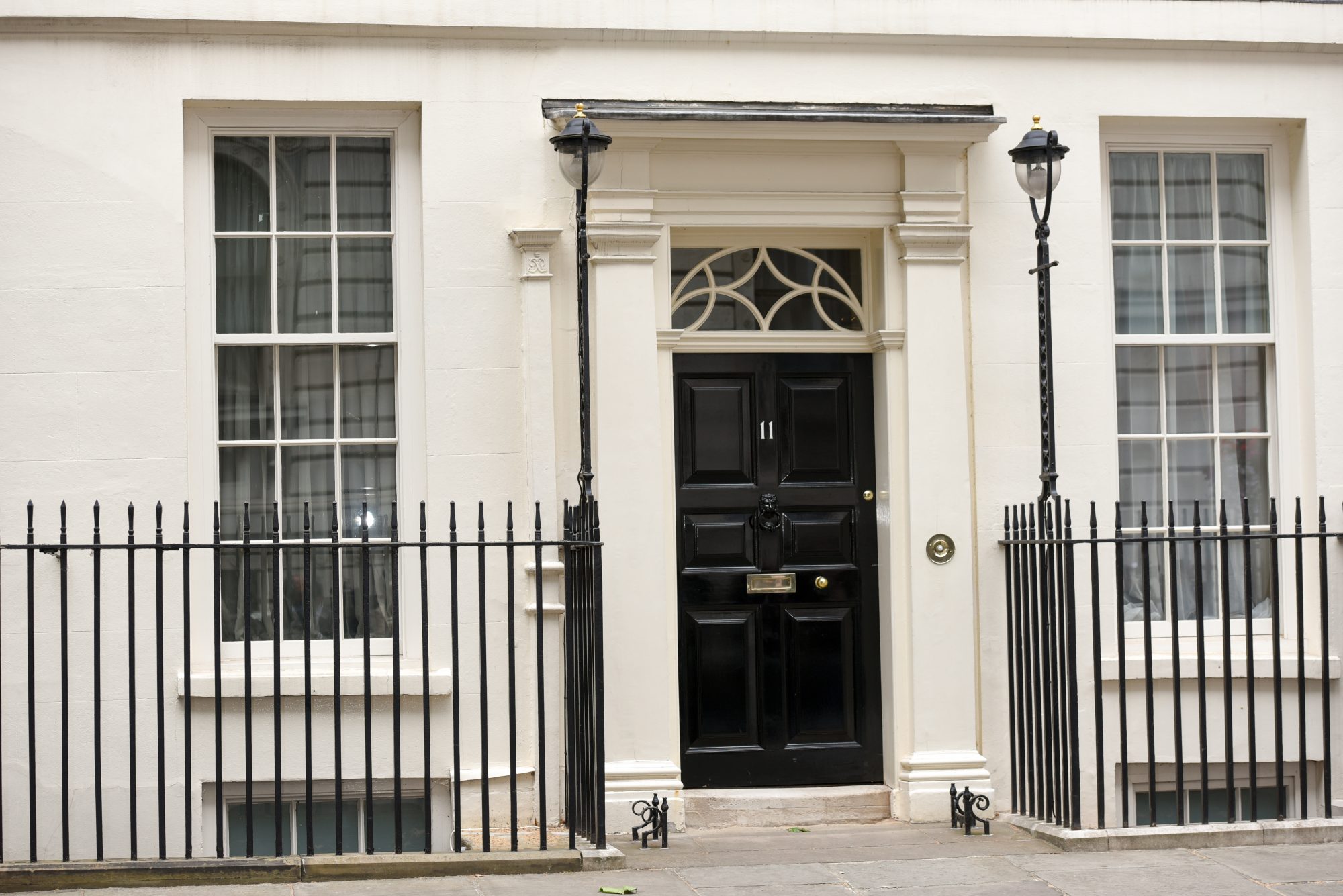It seems like a lifetime since the Chancellor first announced a package of support for individuals and businesses that were going to be impacted by the national lockdown back in March of this year. With an ever changing backdrop of restrictions, tiers, lockdowns, initiatives, grants and strategies designed to keep people safe and the economy ticking over, it would not be surprising if you had lost track of which support packages were still relevant and what the picture looks like heading into 2021. So, this brief update hopefully provides that reminder.
Coronavirus Job Retention Scheme
The Job Retention Scheme has been extended to 31 March 2021 for all parts of the UK.
From 1 November, the UK Government will pay 80% of employees’ usual wages for the hours not worked, up to a cap of £2,500 per month. The government will review the terms of the scheme in January.
You do not need to have benefited from the scheme before to claim for periods from 1 November.
Flexible furlough is still an option allowing you to bring staff back on a part time basis and only claim for normal contracted hours not worked.
The Job Support Scheme, which was scheduled to come into effect on 1st November, has been postponed indefinitely and the Job Retention Bonus of £1,000 per employee has been cancelled.
Self-employed Income Support Scheme (SEISS)
The retention scheme alternative for the self-employed, the Self-employed Income Support Scheme, was extended for a further 6 months from November 20 to April 21 and the rate of grant increased.
VAT on Hospitality
The Reduction in VAT for hot served food, accommodation and attractions to 5% continues until 31 March 2021.
Stamp Duty
The 0% (Nil rate) Stamp Duty threshold increased to £500,000 from 8 July 2020. This will remain the case until 31 March 2021. Anecdotal reports suggest that the increased demand as a result of this measure means that some searches are taking 10-12 weeks to return and with local tier restrictions, it is highly likely that any qualifying property purchases that commence much beyond the middle of January may not complete before the deadline.
Deferred VAT and Self-Assessment Payment on Accounts
Businesses who deferred VAT due from 20 March to 30 June 2020 and individuals who deferred their July 2020 payment on account taxes will now have the option to pay in smaller payments over a longer period. Instead of paying the full amount by the end of March 2021, these outstanding amounts can be repaid in up to 11 smaller monthly payments, interest free. All instalments must be paid by the end of March 2022. To take up the repayment option on either tax, you will need to opt in, before the end of March 2021.
Grants, loans and other initiatives
Local authorities (rates collecting) are still offering Local Restrictions Support Grants, which will pay up to £3k per month for businesses forced to close due to lock down. If you are affected but have not applied, speak to your local authority. Some business interruption loan and bounce back loan schemes may still be open to applications, providing low interest access and repayments schemes over 10 years.
Generally, Companies House and HMRC do appear sympathetic to the interruptions endured as a result of the pandemic and, if consulted in plenty of time, are offering short extensions to filing deadlines and ‘Time-to-pay’ solutions for tax liabilities – but do not leave it to the last minute to ask!
